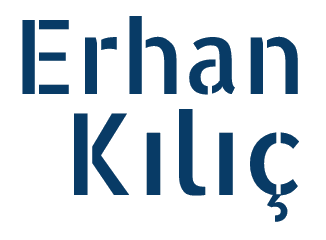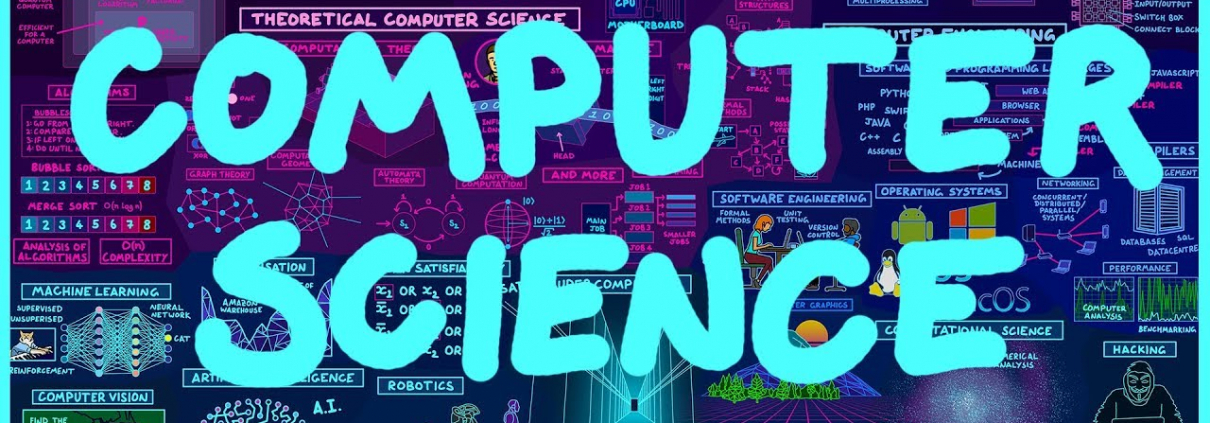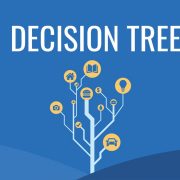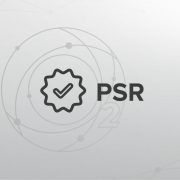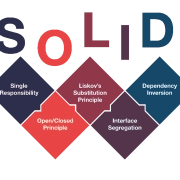A Comprehensive Curriculum for Learning Computer Science
The importance of computer science in our increasingly digital world is undeniable. From smartphones to complex simulations and innovations, computer science underpins many aspects of modern life. A structured and comprehensive curriculum is essential for those who want to become proficient in this field. In this article, we'll explore the essential components needed to deeply learn computer science. Using examples from my own learning journey, I'll explain this curriculum in a friendly and accessible way. Let's get started!
Introduction to Computer Science
Every journey begins with a single step, and in computer science, that step is understanding the fundamentals. The introductory phase offers a look at the core concepts, historical context, and fundamental ideas that shape the discipline.
- Introduction to Programming It starts with learning the fundamentals of programming languages, including variables, data types, and control structures. Python, Java, or C++ are popular options for beginners. My first coding experience was building a simple calculator in Python, which led me to discover the magic of programming!
- Algorithms and Data Structures Learning what algorithms are, their efficiency, and how to implement basic data structures like arrays, linked lists, stacks, and queues. While writing a sorting algorithm, I realized the importance of data structures; this made my code more efficient.
- Computer Architecture Understanding the inner workings of a computer: the CPU, memory, input/output systems, and how they run programs. Working on a microprocessor simulation, it was fascinating to see how the hardware supports software.
Fundamental Concepts of Computer Science
Once the basics are in place, we dive into the core concepts that define computer science.
- Object Oriented Programming (OOP) Deeply exploring OOP principles and design patterns such as inheritance, polymorphism, and encapsulation. In a game project, I reduced complexity by writing modular code with OOP.
- Operating Systems Understanding the functions of operating systems, including process management, memory management, file systems, and their interactions with hardware. While conducting a process management simulation, I saw how critical operating systems are.
- Databases Learning database systems, SQL, normalization, and developing efficient, scalable data storage solutions. In an e-commerce project, I quickly processed user data by writing data queries with SQL.
- Computer Networks Understanding data transfer over the internet by learning about network protocols, architecture, routing, and security. Figuring out how data packets are routed in a network simulation was incredibly educational.
- Software Engineering Exploring the software development lifecycle, version control, testing, debugging, and best practices for robust, maintainable software. While working on a team project with Git, I experienced how version control facilitates collaboration.
Specialization in Computer Science
As your learning journey progresses, you can specialize in specific sub-areas based on your interests.
- Artificial Intelligence and Machine Learning Exploring the concepts of artificial intelligence, neural networks, and algorithms that enable machines to learn from data. In an image recognition project, I classified objects using machine learning, and the results were impressive!
- Web Development Building interactive web applications by learning front-end (HTML, CSS, JavaScript) and back-end (server-side scripts, databases) technologies. While developing a portfolio website, I saw how these technologies enrich the user experience.
- Cyber Security Understanding security threats, cryptography, ethical hacking, and strategies for protecting digital assets. Identifying vulnerabilities while protecting a system in a cybersecurity simulation was exciting.
- Database Management Delving into advanced database topics like data warehousing, data mining, and big data management. These skills increased my productivity when analyzing large data sets.
- Graphics and Game Development Learning computer graphics, 3D modeling, and developing interactive games/simulations. While creating a game prototype, I was captivated by the graphics!
Advanced Topics and Research
For those who want to push the boundaries of knowledge, advanced topics and areas of research offer an exciting avenue.
- Computer Vision Exploring technologies that enable computers to understand visual information from the world. This is critical for fields like autonomous vehicles and image analysis. I saw the power of this technology in a facial recognition project.
- Natural Language Processing To study technologies that enable computers to understand, interpret, and produce human language. While developing a chatbot, I realized how powerful language processing capabilities are.
- Quantum Computing Understanding the power of quantum computers using the principles of quantum mechanics. They can provide solutions much faster than classical computers. Simulation work in this field allowed me to imagine future technologies.
- Distributed Systems Learning to design and manage systems consisting of multiple connected computers. Common in cloud computing and large-scale applications. A cloud-based project provided me with an understanding of the scalability of these systems.
Practical Projects and Real World Applications
A comprehensive curriculum should reinforce theoretical knowledge with practical applications.
- Graduation Projects Doing complex, multidisciplinary projects that integrate concepts learned across the curriculum. A data analysis capstone project was instrumental in putting theory into practice.
- Internship and Work Experience Gaining practical experience through internships or part-time jobs in the industry. In a software internship, I applied my theoretical knowledge to real-world scenarios, which strengthened my learning.
- Open Source Contributions Collaborate with developers worldwide and improve existing software by contributing to open source projects. While contributing to a project on GitHub, I discovered the value of working with the community.
Conclusion
Computer science is a vast, ever-evolving field. A curriculum ranging from programming and algorithms to artificial intelligence, web development, and cybersecurity provides the tools necessary to succeed in this dynamic field. By embracing core concepts, specializing in areas of interest, and delving into advanced topics, you can gain valuable skills and shape the future through innovation and creativity. My computer science journey has developed me both technically and creatively, demonstrating that there are no limits in this field!
What areas of computer science have you explored? Did you do an interesting project? Share it in the comments so we can discuss it together! Check out my blog or contact me for more tips!
